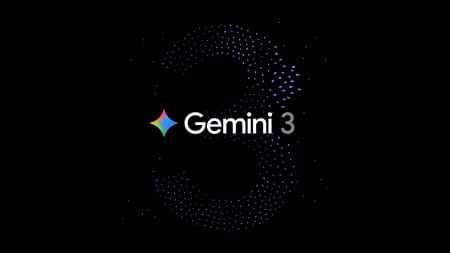OpenAI has launched Study Mode in ChatGPT, a new learning experience designed to help students work through problems step by step, rather than just receive answers. The feature is now available to Free, Plus, Pro, and Team users, with ChatGPT Edu access coming soon.
Study Mode is built to turn ChatGPT into an interactive study companion—encouraging critical thinking, active participation, and personalized exploration. It’s especially useful for homework help, exam prep, and concept mastery across subjects.
How It Works
Study Mode is guided by system instructions developed with teachers, scientists, and learning experts, focusing on research-backed principles like:
- Managing cognitive load
- Encouraging curiosity
- Prompting self-reflection
- Delivering structured feedback
Key Features:
- Interactive Prompts: Uses Socratic questioning, hints, and reflective pauses to spark engagement.
- Scaffolded Responses: Breaks down complex topics into manageable, clearly connected parts.
- Personalized Support: Adapts explanations based on the learner’s skill level and prior conversations.
- Knowledge Checks: Offers mini quizzes and open-ended questions to reinforce understanding.
- Toggle Flexibility: Users can turn Study Mode on or off during a session.
A Peek into the Experience
Students in the ChatGPT Lab shared feedback:
“It’s like a 24/7 all-knowing office hours.” —Noah Campbell
“Finally made sense of sinusoidal positional encodings after 3 hours with it.” —Maggie Wang
In a real-world example, a student studying Game Theory followed a roadmap built by ChatGPT covering:
- Foundations like Nash Equilibrium
- Real-life applications in negotiation and AI
- Advanced concepts like Bayesian and Evolutionary Game Theory
Throughout, ChatGPT offered analogies, real-life scenarios, and quick checks to build practical intuition—without rushing to a final answer.
What’s Next
Study Mode is still evolving. OpenAI plans to train the behavior into its models based on user feedback. Future enhancements may include:
- Visual learning aids for complex topics
- Goal setting and progress tracking
- Deeper personalization tied to academic performance
OpenAI is also working with researchers at Stanford’s SCALE Initiative and through its NextGenAI program to study how AI best supports student learning in K-12 and higher education.
Bottom Line
Study Mode aims to transform ChatGPT from a solution-giver into a learning partner—helping students build confidence, curiosity, and long-term understanding in their academic journeys.






